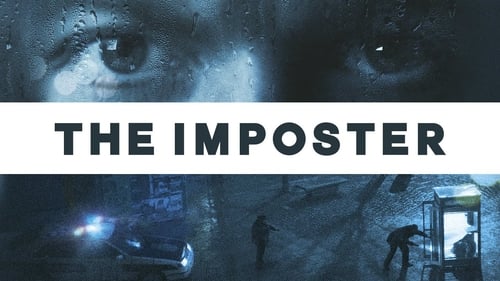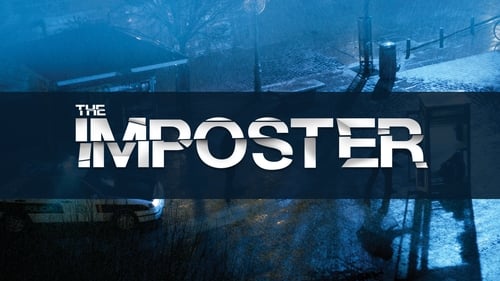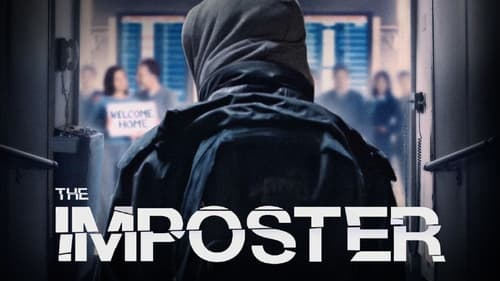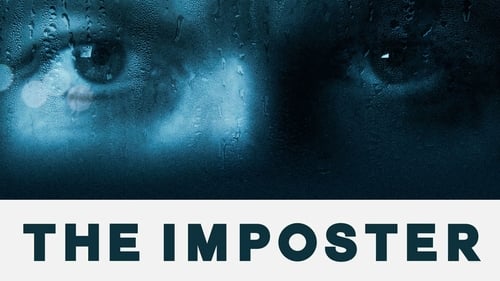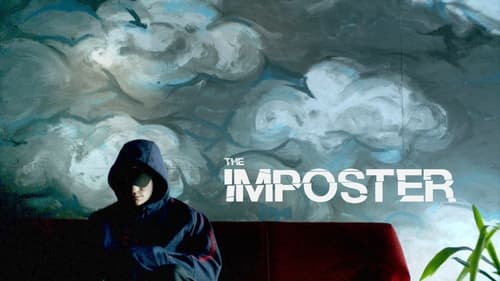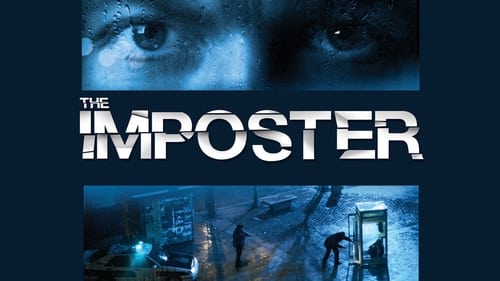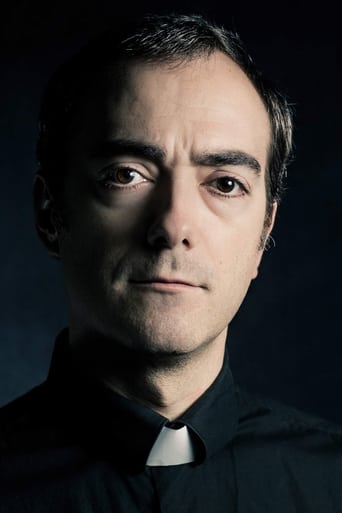Bardlerx
Strictly average movie
SpunkySelfTwitter
It’s an especially fun movie from a director and cast who are clearly having a good time allowing themselves to let loose.
Juana
what a terribly boring film. I'm sorry but this is absolutely not deserving of best picture and will be forgotten quickly. Entertaining and engaging cinema? No. Nothing performances with flat faces and mistaking silence for subtlety.
Kinley
This movie feels like it was made purely to piss off people who want good shows
WubsTheFadger
Short and Simple Review by WubsTheFadgerWord of Warning: I would recommend going into this film completely blind. Watching this film with no information about it is the best way to see it.The story is extremely gripping. This documentary/mystery film is full of twists, real life sadness, and a powerful story. It leaves you with many unanswered questions, but does so in a way that leaves you tingling in contemplation. The plot can be disturbing to some and at times it can be quite scary.The acting and storytelling is fluent. Most of the acting is done by people who had first hand accounts of the real life story. Some of the acting is reenacted which brings some depth and suspense to the story. The twist is very unexpected and it is deal with care.The tone throughout the film is very dark. There are moments that send chills down your spine. The pacing is okay but there are parts in the film that seemed out of place. In the beginning, I found myself getting lost in all the things that were going on.Pros: Great story, amazing twist, unanswered questions, powerful storytelling, consistent tone, and strong first hand accounts in regard to the storyCons: Okay pacing and some moments that were a bit confusingOverall Rating: 8.2P.S. If you enjoyed this film, you might also enjoy Dear Zachary: A Letter to a Son About His Father (2008). It is a documentary film that has the same mix of drama and crime.
Barak Gale
I found the film dramatic, surprising, clever in its cinematography, thought provoking. So why did I rate it a "1"? I believe the film took unethical advantage of a family that had already suffered enormously from the disappearance of their boy, and portrayed them as exceedingly gullible, stupid and much worse, as possibly covering up their own heinous involvement, highlighting such possibility as real, even though hugely unlikely, but obviously creating effective tension and drama. That's great for a fictional film, beyond disturbing for a documentary.
Joe Day
This is one of those flicks that I think I have seen before or rather tried to watch before but could not finish it. Well, it happened again. For the life of me I cannot fathom how these people fell for this fraud. I really don't. It is not like Six Degrees of Separation. It is not like the whole town did not know what Nicholas looked like. I don't care what kind of sex slave you were, your eyes do not change from blue to brown and you don't end up with a French accent having been abducted to Spain either.As for the real Nicholas, why does a 13-year-old have so many tattoes and how in less than 24 hours, did the impostor get them made to match with no scarring or anything by the time the sister arrived? And the sister said he had said kiss my ass to the family and run away for a day or two several times before - a little kid?I don't know. I just don't know. But I cannot finish the movie. IT hurts too much to see the family falling for this guy.
John Lennon (luis-boaventura22)
To portray historical facts in cinema opens, usually, a delicate tension between the limits of dramatic effect and reliability of past events.Evidently, as the Luis Borges map drew attention, a representation is incapable of disclose the truth nature of a real object. However, a film, per si, do not should be purely objective, but rather pay attention to subjectively dramatic dimension.The issue of balance, therefore, it is stated by the very nature of the movie art. Lapidary carefully the limits of the intelligible and dramatic becomes, therefore, the very craftsmanship of the director. The question becomes more spicy as it brings into play a major limiter of the fictional liberty, that is, the need to narrate the reality without the direct filter of dramaturgy. Within this context, THE IMPOSTER has the exceptional merit of building a charged voltage narrative, which takes a surprisingly suggestive dramatic reversal, concluding with open elements a documentary narrative. More important, everything is just right, without sacrificing the dramatic element. It is to say, extraordinary events combined with a careful and progressive narrative results in a sweeping documentary.As for the actual content of the film, it is, however, the story of a succession of misunderstandings carved by a talented swindler of only 23 years. There is no mention of a great moral or social issue.The incredible story of a master forger do not initiates a deeper debate about immigration policies, or social inequality, the problems of investigative policy of various institutions, etc. It solely – and with indisputable merit – offers a dose of enchantment from incredible and improbable facts, coupled with a dubious criminal investigation.







